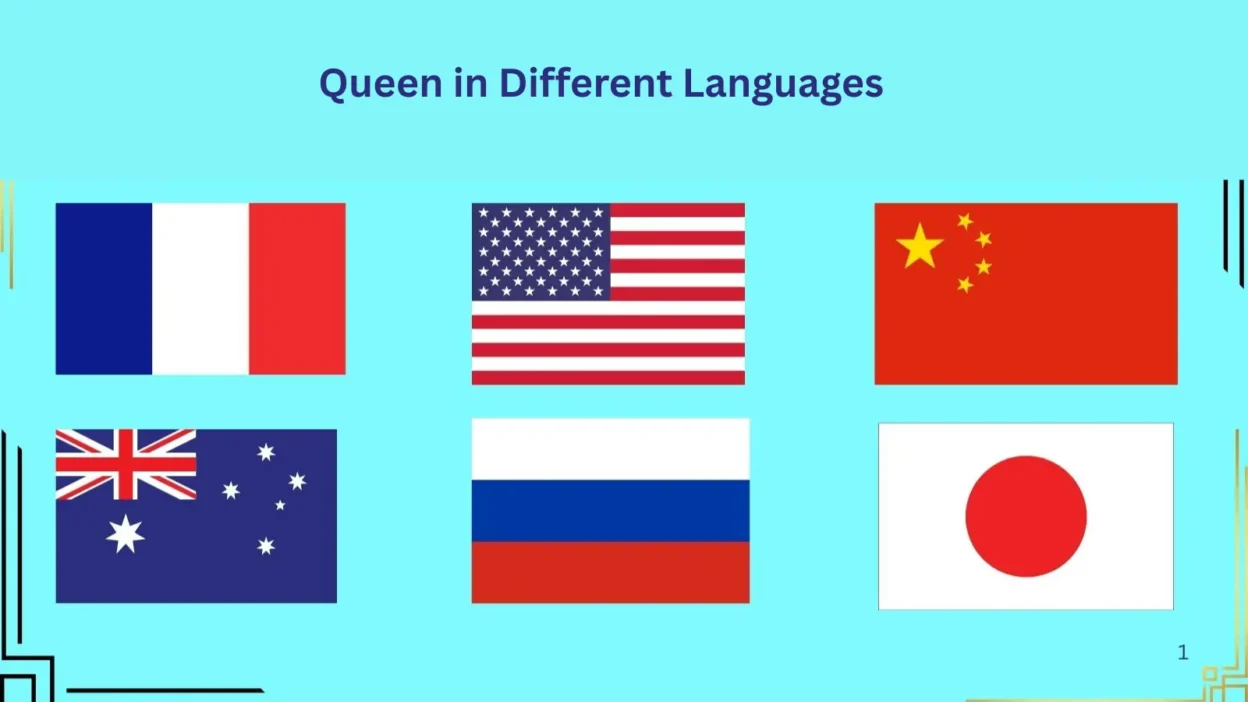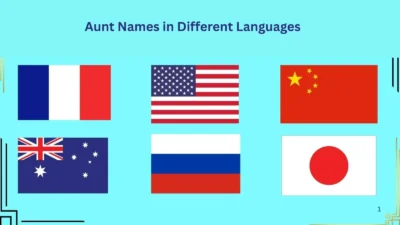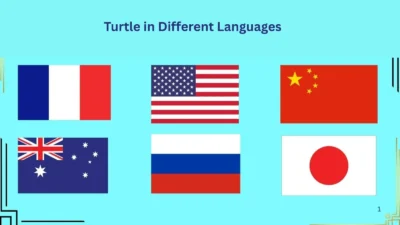Maybe you’re writing a story or poem. Maybe you’re traveling and want to express admiration for a powerful woman. Or maybe you’re just fascinated by royalty and how different cultures honor their queens.
Whatever your reason, you’ve searched “words for queen in different languages” to find the right way to say this majestic word across the globe.
The word “queen” isn’t just a title—it carries centuries of culture, reverence, and symbolism. Whether you’re a language learner, a writer, or someone celebrating the queens in your life, this guide will give you exactly what you need.
Understanding the Word “Queen” 🏰

In English, queen refers to:
- A female monarch (e.g., Queen Elizabeth II)
- The wife of a king
- A powerful or important woman
- A metaphor for elegance, leadership, or grace (“She’s a queen!”)
When translating “queen” into other languages, meaning and usage might change slightly. In some cultures, there’s one word for “female ruler” and another for “wife of a king.” Others may also use the word in spiritual or poetic ways.
🌍 Words for Queen in 50+ Different Languages
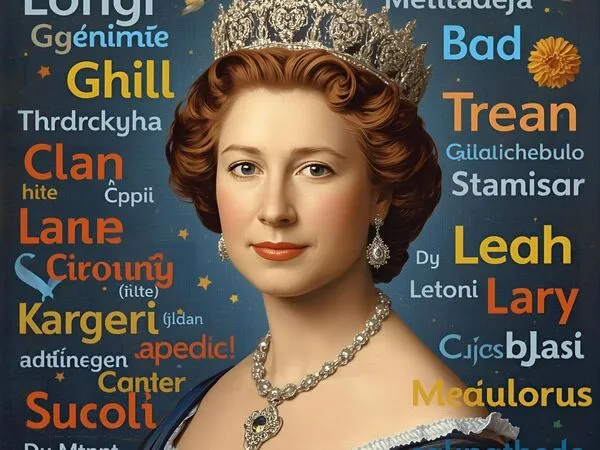
Below is a list of how to say “queen” in various languages, with pronunciation tips and meaning notes:
| Language | Word for Queen | Pronunciation | Meaning Note |
| Arabic | ملكة | Malika | Female ruler or wife of a king |
| Spanish | Reina | RAY-nah | Commonly used for royalty |
| French | Reine | Ren | Refers to both monarch and consort |
| German | Königin | KUR-nih-gin | Feminine form of König (king) |
| Italian | Regina | Reh-JEE-nah | From Latin origin, also used poetically |
| Hindi | रानी | Rani | Common in Indian culture and storytelling |
| Urdu | ملکہ | Malka | Used in poetry, royalty, and religious texts |
| Russian | королева | ka-ra-LYE-va | Formal royal title |
| Japanese | 女王 | Joō | Literal meaning “female monarch” |
| Chinese (Mandarin) | 女王 | Nǚwáng | Used for female kings or symbolic queens |
| Korean | 여왕 | Yeo-wang | Used in government or literature |
| Swahili | Malkia | Mal-kee-ya | Common for queens and noble women |
| Turkish | Kraliçe | Krah-lee-che | Feminine form of “King” |
| Greek | Βασίλισσα | Vah-SEE-leesa | Refers to a ruling or ceremonial queen |
| Hebrew | מלכה | Malka | Biblical, still used in Israel today |
| Portuguese | Rainha | Hah-EEN-yah | For royal queens or metaphoric usage |
| Filipino | Reyna | Ray-nah | Borrowed from Spanish, widely used |
| Polish | Królowa | Kroo-LOH-vah | Formal and traditional |
| Dutch | Koningin | KOH-ning-in | Official title |
| Thai | ราชินี | Rāchīnī | Royal term, often found in history books |
…and many more!
You can expand this list by adding translations from indigenous, African, or Nordic languages depending on your audience.
👸 Why People Want to Know “Queen” in Many Languages
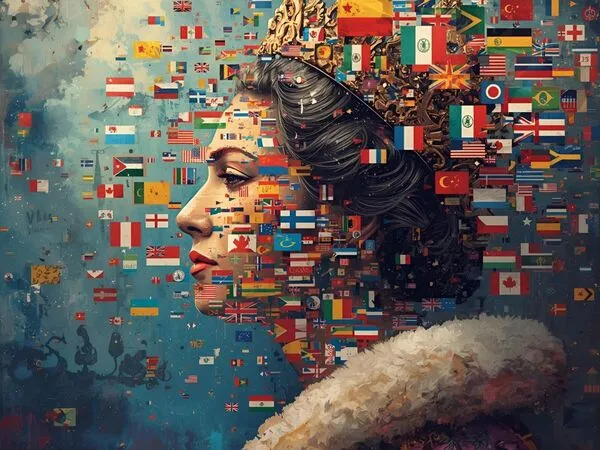
1. Writers & Poets
They may be crafting global tales or multilingual poems and want the right word to suit cultural authenticity.
2. Travelers & Language Learners
Understanding local terms of respect and power—like queen—helps build connections and avoid miscommunication.
3. Fans of History or Royalty
People fascinated by queens (like Cleopatra, Queen Victoria, or African warrior queens) want to dive deeper into the languages tied to their stories.
4. Social Media & Affirmation Posts
Calling yourself or others a “queen” is common online. Knowing how to say it in other languages makes posts more creative and meaningful.
My queen in other languages
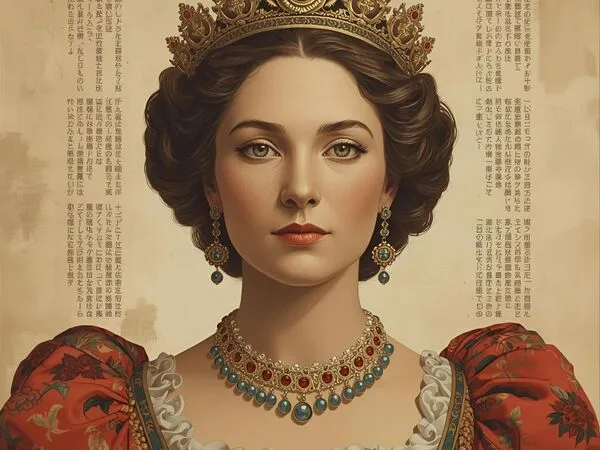
The phrase “My Queen” is a loving and respectful term often used to express admiration, devotion, and honor toward a woman you deeply value.
- In different languages, it carries cultural nuances — for example, “Mi Reina” (Spanish), “Ma Reine” (French), “Meine Königin” (German), “Malkati” (Hebrew), and “Minha Rainha” (Portuguese).
- Each translation reflects not just the words but also the emotional tone used to address royalty, love, or reverence in that culture.
- Knowing how to say “My queen word in different languages” in other languages can help you express affection more uniquely in international relationships or creative writing.
- This list helps you understand both linguistic variety and the universal beauty of showing respect and love through language.
👑 How to Use These Words in Conversation

Let’s look at practical examples:
- Arabic: “أنتِ ملكة في كل شيء.” (Anti malika fi kull shay’) — You are aqueen in other languages everything.
- French: “Ma reine, tu es magnifique.” — My queen, you are magnificent.
- Hindi: “तुम एक रानी हो।” (Tum ek rani ho) — You are a queen.
- Portuguese: “Ela é uma rainha da força.” — She is a queen of strength.
- Swahili: “Wewe ni malkia wa moyo wangu.” — You are the queen of my heart.
These phrases are great for compliments, romance, admiration, or encouragement.
🌟 Cultural and Poetic Meanings of “Queen”

- In Africa, queens are often linked with motherhood, wisdom, and tribal leadership.
- In India, a Rani might symbolize strength and dignity, like Rani Lakshmi Bai.
- In modern pop culture, “queen” can also mean an empowered woman, regardless of title.
Knowing these layers helps you use the word with more meaning and intention.
Conclusion:
Now that you know words for queen in different languages, you’re better equipped to:
- Speak with elegance across cultures
- Write with poetic power and accuracy
- Honor the queens in your life with global flair
Language isn’t just communication—it’s celebration. So whether you’re writing a caption, a novel, or a love letter, use these royal words with prid
